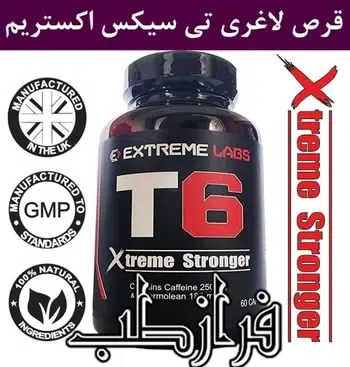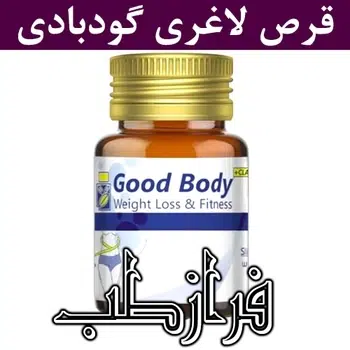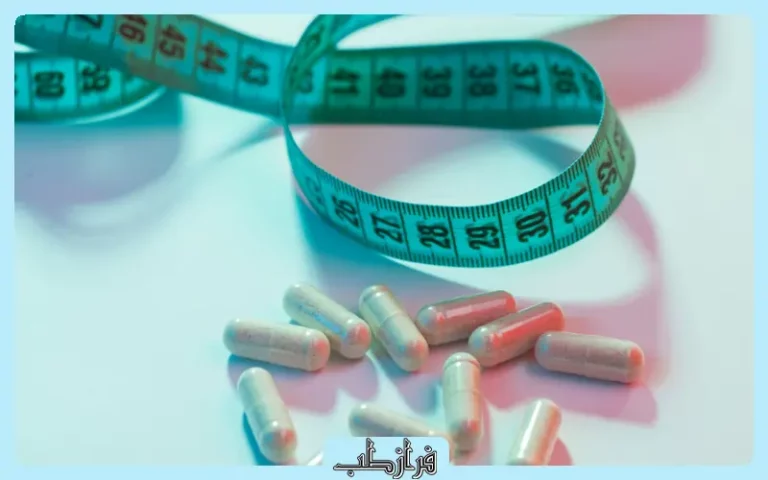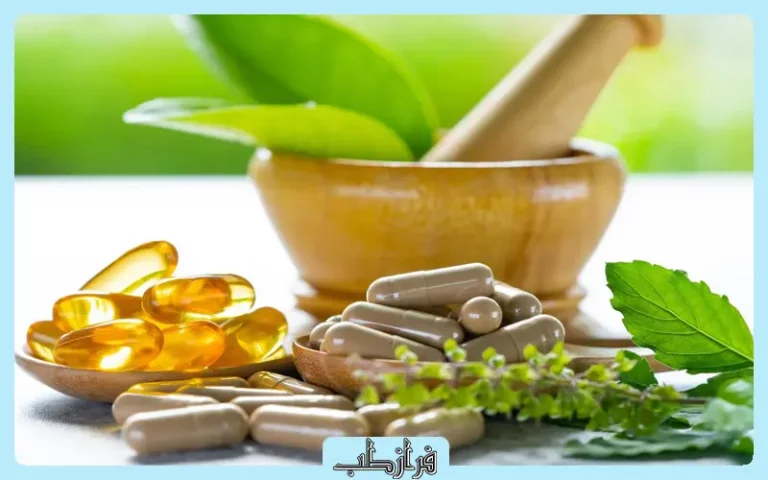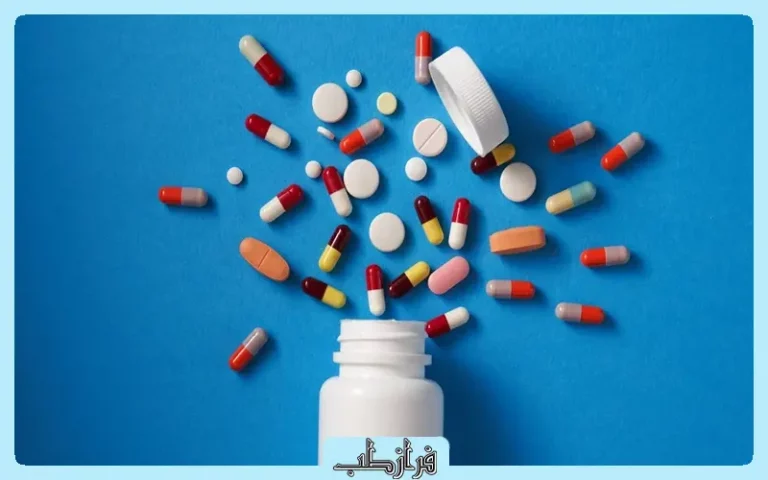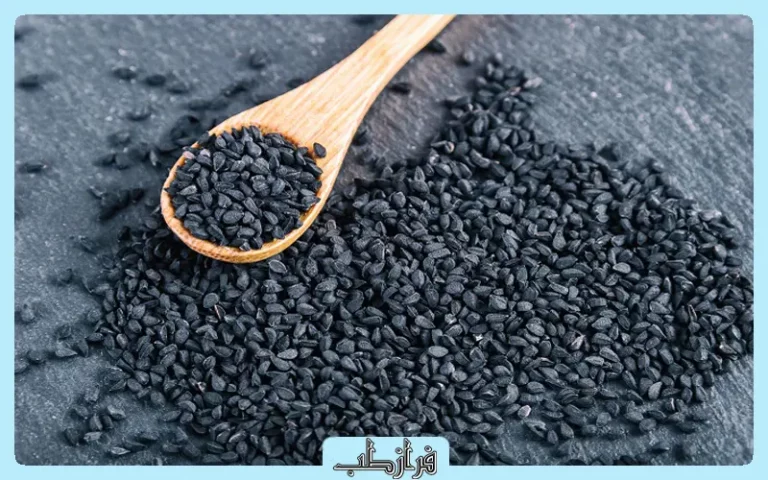دستههای محصولات
دسته بندی مقالات
آخرین دیدگاهها
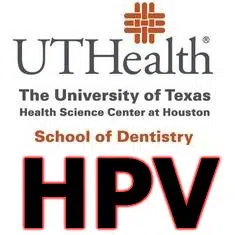
مقاله علمی تاثیر ترکیب AHCC در درمان زگیل تناسلی HPV
مقاله تحقیقاتی بررسی تاثیر AHCC بر درمان زگیل تناسلی
مقاله زیر یک تحقیق علمی می باشد که در مرکز علمی تحقیقاتی و دانشکده پزشکی UT Health شهر هاتسون در تگزاس آمریکا انجام شده است.
این مقاله در ارتباط با تاثیر ترکیب AHCC در درمان زگیل تناسلی و ریشه کن کردن ویروس اچ پی وی انجام شده است.
عزیزانی که به تاثیر AHCC بر روی زگیل های تناسلی تردید دارند می توانند مقاله زیر را مطالعه کنند تا به اطمینان خاطر برسند.
همچنین شما می توانید با یک جستجوی ساده در گوگل (البته به زبان انگلیسی) مقاله های بسیار دیگری را نیز پیدا کرده و مطالعه کنید.
مهمترین جمله ای که در مقاله زیر گفته شده:
In vivo studies
HPV 16+/18+ expression was eradicated with once daily AHCC dosing for 180 days
به این معنی که با مصرف قرص ahcc برای مدت 180 روز ویروس اچ پی وی (شماره 16 و 18) ریشه کن شد.
می دانید که نوع 16 و نوع 18 خطرناک ترین و سرطان زا ترین نوع ویروس اچ پی وی می باشد.
این مقاله چون از فرمت pdf کپی شده احتمال دارد کمی فونت های آن به هم ریخته باشد. پیشاپیش عذر خواهی می کنیم.
برای مشاوره و خرید قرص های AHCC با شماره های زیر تماس حاصل بفرمایید
برای خرید و اطلاع از موجودی تماس بگیرید |
تضمین اصالت کالا + تضمین مناسب ترین قیمت
ساعت کاری شرکت:
شنبه تا چهارشنبه 9 الی 19
پنجشنبه ها 9 الی 16
تعطیلات رسمی شرکت تعطیل می باشد.


Evaluation of active hexose correlated compound (AHCC) for the Eradication of HPV Infections in Women with HPV positive Pap Smears

Judith A. Smith, Pharm.D., BCOP, CPHQ,FCCP, FISOPP
Associate Professor & Director of Pharmacology Research Department of Obstetrics, Gynecology & Reproductive Sciences Division of Gynecologic Oncology
UT Health Sciences Center at Houston Medical School

Disclosures

*** I have received unrestricted research funding from the following companies in the past 12 months but all unrelated to research being presented today:
– Janssen Pharmaceuticals
– Astellas
– Marinova, LTD
– Amino Up Chemical, LTD
– SignPath Pharmaceuticals, LTD
– Merck Medical Foundation
I have previously served on the Scientific Medical Advisory Board for AdvoCare International, LTD.

Human Papillomavirus (HPV)

• Non- enveloped dsDNA virus
– Infects epithelial and mucosal surfaces.

• HPV is a very common viral infection
– 230 subtypes of HPV that have been identified,
one hundred human subtypes
• Fifteen of the human HPV subtypes are carcinogenic
The most common subtypes:
HPV 16, 18, 31, 39, and 41
• HPV appears to be an important co- factor in the development of dysplasia and cancer

– it does not cause either condition by itself

HPV and cancer

• HPV DNA has been detected
– 99 % of cervical cancers
– 95% of a. n. a. l cancers
– 60 % of oropharyngeal cancers
– 65 % of v a g i n a l cancer
– 50 % of vulvar cancer
– 35 % of p e n i l e cancer

• AHCC the only cure for HPV infections
– Prevention by vaccination
– Detection by Pap smear for cervical cancer
– No other current treatment for infection
– Additional treatments of HPV virus related genital warts

Active Hexose Correlated Complex (AHCC)

• Prepared from cultured mycelium of a Basidiomycetes
– Main component of AHCC is acetylated α- glucan

• Other proposed benefits of AHCC
– Immunomodulatory
– Anti- hepatitis
– Anti–diabetes
– Anti- hyperlipidemia
– Improvement in QOL
– Anti- tumor effects
• Safety with chemotherapy


AHCC – HPV Pre-clinical Studies Summary

*** In vitro studies
– Confirmed eradication of HPV
• Dosed with AHCC 42 mg/mL every 24 hours for 7 days
– Achieved HPV negative after 24 hours
• Followed by 7 days of no treatment
– Confirmed HPV negative
*** In vivo studies
– HPV 16+/18+ expression was eradicated with once daily AHCC dosing for 180 days
** Confirmed durable response after 30 day observation with no treatment.
- Repeated study above to evaluate mechanism of AHCC eradication of HPV
• Confirmed HPV eradication
• Modulation of interferon beta/alpha/gammma and IgG
– Evaluated in cervical cancer treatment model (HPV 16+/18+ and HPV-‐ models) AHCC + cisplatin compared to cisplatin alone
• Confirmed HPV eradication
• Observed improved cisplatin activity in both tumor models

Study Objectives

• Evaluate the efficacy of active hexose correlated compound (AHCC) to eradicate HPV infections in women with HPV positive/negative cytology PAP smears.
• Define the duration of therapy of AHCC required for treatment of infections.
Determine the durability of response to active hexose correlated compound (AHCC).

Inclusion Criteria

• Women over 30 years of age who have a HPV positive test and normal/negative cytology, atypical cells, ASCUS, or CIN1 or CIN2 cervical dysplasia within three months of study entry. This will minimize potential confounders such as immune modulation that may possibly clear the infection which is common in women under the age of 26.
• Women must have had another HPV positive test with normal/negative cytology within no less than 6 months and no more than 18 months prior to study entry. (This is to help establish persistent infection)
• Negative urine pregnancy test within 7 days of therapy start.
• Patients must have adequate hematologic, renal, and hepatic function: ANC >/= 1,500 cells/mm3, platelets 100,000 >/= cells/mm3; Creatinine clearance>/= 60 mL/min (estimated by CockcroX Gault equation), total bilirubin, SGPT, SGOT, and alkaline phosphatase
• Patients must sign an approved informed consent indicating that they are aware of the investigational nature of this study.
• Patients must agree to return to clinic for repeat HPV+ testing and complete medication administration calendar.

Exclusion Criteria

• History of myocardial infarction within past 6 months, unstable angina, CHF, or uncontrolled hypertension (> 140/90).
• Women with a current or prior diagnosis of cancer.
• Women with a current diagnosis of CIN3 cervical dysplasia
• Women that are pregnant or breast feeding.
• Women with a history of Hepatitis (autoimmune, A, B, or C) or antigien positive.
• Patients with history of significant psychiatric disorders (schizophrenia, bipolar, psychosis) or uncontrolled seizures.
• Patients with significant medical co- morbidities at the discretion of the primary Gynecologist. Including immunosuppressive conditions (i.e. HIV+, rheumatoid arthritis, etc) or taking immune modulation mediations (i.e. immunosuppressants)
• Patients who have undergone a hysterectomy (supracervical hysterectomy allowed)

Study Design Treatment

• Initial:
– AHCC twice daily with or without food
– Weekly HPV testing x 5 weeks
– Stopped with first negative result
• First Amendment:
– AHCC twice daily without food
– Monthly testing
– Stopped with first negative result
• Second Amendment:
– AHCC twice daily without food
– Monthly testing
– Continue AHCC minimum of three months
• At least one month after first negative result
• Final Amendment:
– AHCC twice daily without food
– Monthly testing
– Continue AHCC minimum of three months up to six months
• At least one month after first negative result

Study Design Monitoring

• HPV testing:
– OutReach Laboratory, The University of Texas Health Science Center at Houston Medical School (UT Health)
– Thin Prep brush sample
• testing was completed with the Cervista HPV HR Test (Hologic, Inc., Bedford, MA)
• Immunological marker monitoring
– Core Pharmacology Laboratory, Department of Obstetrics, Gynecology & Reproductive Sciences, UTHealth – The University of Texas Health Science Center at Houston Medical School
– Blood samples obtained at each visit
• IgG
• Interferon (IFN) alpha
• Interferon (IFN) beta
• Interferon (IFN) gamma
• A total of ten HPV+ women were enrolled on study.
• Patient Demographics:
| N=100 | Mean (Stdev) |
| Age | 44.6 (+/- 8.8) |
| Race | All white |
| Ethnicity | 34 hispanic/latino 66 non-hispanic/latino |
| BMI | 26.6 (+/- 4.5) |
| # S. E. X. U. A. L. Partners | 20 (+/- 28) |
• HPV Response Summary ( 100 person )
– 95 patients achieved negative HPV result
- 26 patients Confirmed Eradication (1 month off treatment)
- 58 patients Confirmed Eradication after 3 months
- 9 patients Confirmed Eradication after 6 months
- 2 patients currently still on AHCC
– 5 patients did not achieve negative HPV result
- One had 5 weeks of AHCC
- One had 8 weeks of AHCC
- Three had 3 months of AHCC


Conclusions

• Preliminary results from this pilot study confirm our previous preclinical findings that AHCC appears to be effective for eradication of HPV infections.
– 95/100 patients achieving response ( 95%)
– Interferon beta appears to be marker for monitoring for HPV response.
• Further investigation in a formal phase II randomized placebo controlled study is underway.
– Will also evaluate NK cell response with IFN y and IFN β
• Resolution of HPV infections is mediated via CD8+ cytotoxic T-cell response
– Elevated levels of NK, IFN y and IL-2
Double-blind, crossover, placebo-controlled randomized Phase II trial to evaluate efficacy of AHCC to eradicate high-risk HPV infections
in women with persistent infection
• Study Objectives:
– Evaluate the efficacy of active hexose correlated compound (AHCC) to eradicate infections in women with HPV positive with normal (non-cancer) PAP smears.
– Observe the durability of response to active hexose correlated compound (AHCC).
– Define the adverse effects of AHCC compared to placebo.
• Patient Eligibility:
– Women over the age of 30 years of age
– Confirmed persistent high risk of infection
– Current Positive test results and at least one other positive test greater than 6 months ago but also within past 18 months
– If of child bearing age, negative pregnancy, no breast feeding and agree to use approved contraception for duration of study
– Patients must agree to return to clinic for repeat HPV+ testing and complete medication administration calendar
– No prior current diagnosis of any cancer
– No current diagnosis of CIN3
– Not have taken AHCC within past 6 months.
– Women with a history of Hepatitis (autoimmune, A, B, or C) or antigen positive
– Patients with history of significant psychiatric disorders (schizophrenia, bipolar, psychosis) or uncontrolled seizures.
– Patients with significant medical co-‐morbidities at the discretion of the primary Gynecologist. Including immunosuppressive conditions (i.e. HIV+, rheumatoid arthritis, etc) or taking immune modulation mediations (i.e. immunosuppressants)
– Patients who have undergone a hysterectomy (supracervical hysterectomy allowed)

Treatment Plan

• Study Treatment Plan:
– Patients randomized to:
• Group A that will take AHCC 3 g by mouth once daily without food for six months followed by placebo by mouth once daily without food for six months
OR
• Group B that will take placebo by mouth once daily without food for six months followed by AHCC 3 g by mouth once daily without food for six months.
– Testing during study:
• HPV test once every 3 months during study treatment (12 months) and then one follow up 6 month post completion of study treatment
• 3 mL research blood sample
• Medication/side effect diary maintained for duration of study treatment
– Time Commitment:
Clinic visit once every 3 months during 12 months of treatment with one follow up appointment six months post completion of study treatment.
Interested in enrolling contact:
– Dr. Judith Smith
Judith.Ann.Smith@uth.tmc.edu
713-500-6408
–Dr. Barbara Rech
Barbara.Rech@uth.tmc.edu
713-500-5847

Acknowledgements

• Amino Up Chemical, Inc.
– Mr. Ken-‐Ichi Kosuna
– Dr. Hajime Fujii
Women’s Health Integrative Medicine Research Team RXESEARCH
– Dr. Judith A. Smith
– Larry W. Coffer, II, M.S
– Anjali A. Gaikwad, M.S.
– Lata Mathew, B.S.
– Pranav Nyshadham, M.S.
– Maryam Burney, B.S.
– Mary Alice Sallman, BS
– Keenan Garrett, BS
• Protocol Collaborators:
– Jonathan Faro, M.D.
– Teresa T. Byrd, M.D.
– Joseph A. Rodriguez, M.D.
– Joseph A. Lucci, III M.D.
– Yu Bai, M.D.
– Barbara Rech, RN
– Maria Hutchinson, MS
• Funding:
– Partially funded by Larry C. Gilstrap
M.D. Center for Perinatal and Women’s Health Research
– PI Philanthropic funds
Dr. Judith Smith :
Email: Judith.Ann.Smith@uth.tmc.edu
“The mission of the Women’s Health Integrative Medicine Research Program is to advance the progress of the safe and effective use of nutritional and herbal supplements with pharmacologic modalities as it relates to women’s health and cancer through innovative thinking, systematic methodology and collaborative interactions throughout the UTHealth System and global research community.



